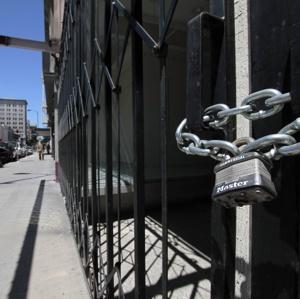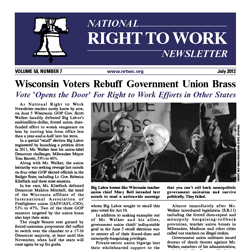Michigan SEIU Pushing New Initiative
Union activists have collected enough signatures to force a statewide vote on the unionization of home health care workers — a scheme that ended earlier this year when the legislature and governor said no more. This effort will force unionization…







